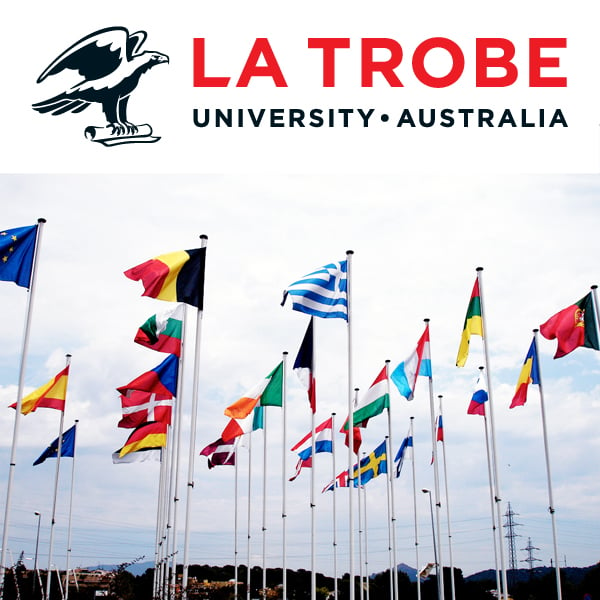Unmaking the Himalaya: Geopolitics, Environment, Citizenship

b'
In recent years, the Indian and Chinese states have become increasingly assertive in the Himalaya. Driven in part by their mutual enmity and border disputes, both states have undertaken massive infrastructure developments, enabling vast new extractive projects, and a rush of troops and tourists from the plains to the mountains.
\\n\\nThese political tensions have dangerous ecological consequences. All Himalayan states are building large dams to facilitate development. The Himalayan ice pack moderates monsoonal rains in Asia and feeds most of the region\\u2019s large rivers. This system provides 40 per cent of the world\\u2019s population with water. To make matters worse, the Himalaya is experiencing climate change at twice global averages.
\\n\\nWith these political and environmental transformations, the lives of the region\\u2019s diverse peoples, including its refugee populations, along with broader ideas of citizenship and belonging, are being changed and challenged.
\\n\\nSpeakers:\\n
Associate Professor Sonika Gupta (IIT Madras)\\n
Dr Ruth Gamble (David Myers Research Fellow, La Trobe University)\\n
Dr Alexander Davis (New Generation Network Scholar, La Trobe University)
Chair:\\n
Dr Gerald Roche (Senior Research Fellow, Politics, La Trobe University)
Presented at the La Trobe University City Campus on 26 June, 2019.
'